Phnom Penh, March 29, 2019 –Samdech Akka Moha Sena Padei Techo Hun Sen, Prime Minister of Kingdom of Cambodia, presided over here at the Peace Palace this morning the Government-Private Sector Forum, with participants from different ministries and other stakeholders, especially the private sector.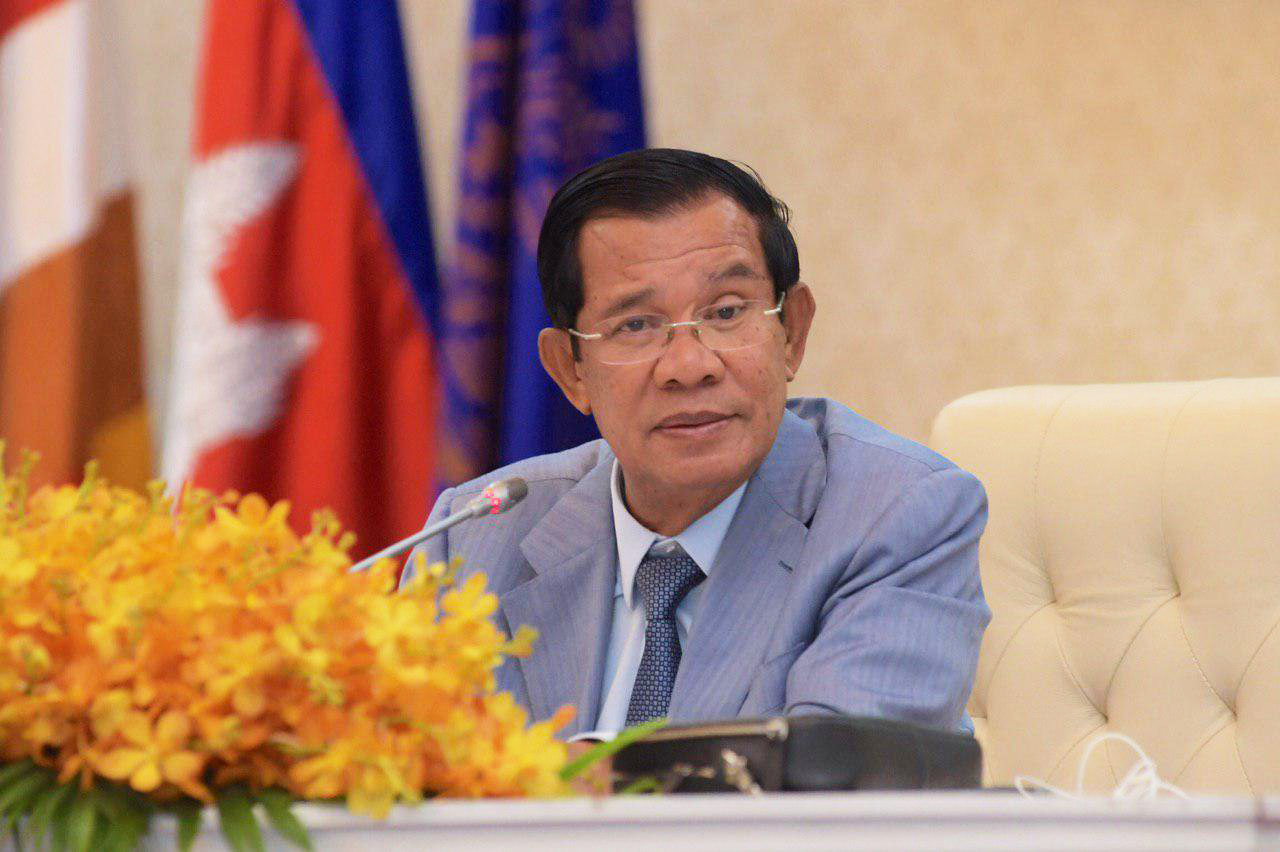
G-PSF is a mechanism of the Royal Government to reduce obstacles in doing business and to improve investment environment in the country.
According to Cambodian Federation of Employers and Business Associations (CAMFEBA), G-PSF is a forum to improve the business environment, builds trust, and encourages private investment through a demand driven process with the private sector identifying issues and recommending solutions. By fostering capacity and a strong relationship between the government and private sector, the G-PSF is considered a key pillar in improving the investment climate in Cambodia.
It was established in 1999 at the initiative of the Prime Minister of the Royal Government of Cambodia to provide a reliable dialogue mechanism for consultation between the government and the private sector on investment climate issues ranging from long range policy to day-to-day operations to encourage private sector initiatives. The G-PSF provides a reliable platform for the business community to raise and resolve problems with the Government of Cambodia.
The Council of Development of Cambodia (CDC) acts as the secretariat of the G-PSF. CDC facilitates dialogue within and among the joint government/private sector Working Groups, and broadly between the Government and the business community.
Throughout the year, ten private sector working groups (PSWGs) meet regularly to identify and prioritise common problems, and negotiate solutions with Government counterparts. These groups are currently as follows:
1. Working Group on Agriculture & Agroindustry;
2. Working Group on Tourism;
3. Working Group on Manufacturing and Small and Medium Enterprises and Services;
4. Working Group on Law, Tax and Governance;
5. Working Group on Banking and Financial Services;
6. Working Group on Transport and Infrastructure;
7. Working Group on Export Processing and Trade Facilitation;
8. Working Group on Industrial Relations;
9. Working Group on Unhusked Rice-Rice; and
10. Working Group on Power and Mining Resources
The private sector and Government meet as often as necessary, and at two levels:
(i) Private sector-only working group (PSWG) meetings, which are open to business associations and company representatives, allow members to discuss and agree internally on issues to raise with their Government counterparts. These PSWGs meet every month or so. The agenda of issues to discuss with Government is prepared following broad consultation.
(ii) Joint Government-Private Sector Working Group (WG) meetings take place at the request of the private sector or the Royal Government of Cambodia to discuss problems, find solutions, and share information raised by the parties. Each Government-Private Sector Working Group is co-chaired by a Minister of the Royal Government of Cambodia (the Government Co-chair) and a representative from the private sector (the Private Sector Co-chair). These WG meetings are inter-ministerial meeting as they are attended by representatives of the line ministries who have been invited by the Government co-chair so that these Government officials can provide solutions to the problems raised by the private sector and report progress back to their senior management.
The WG meetings discuss an agreed-on agenda of problems and recommendations related to either law or policy (e.g. laws, sub-decrees, prakas, decisions) or direct operational impediments experienced by the private sector (e.g. road conditions, unofficial fees, damaged infrastructure). Outstanding issues that are not resolved within the WG dialogue can be referred to the Prime Minister for resolution during the twice-yearly Forum plenary sessions.
As the WG meetings are attended by top ranking representatives of relevant ministries, the G-PSF plays a key role in fostering intra-governmental coordination and information exchange on private sector development matters.


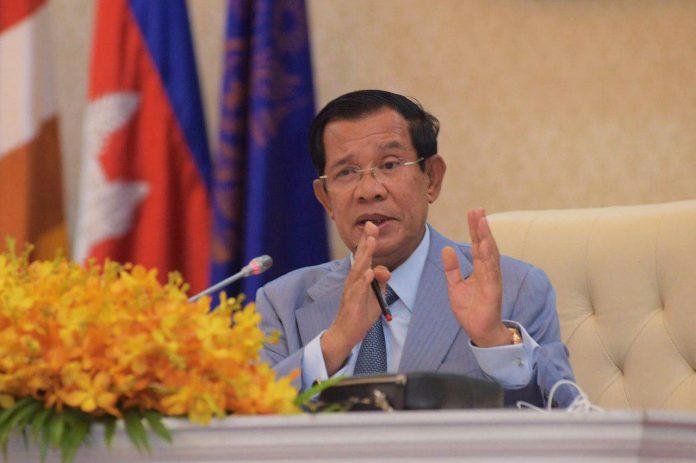

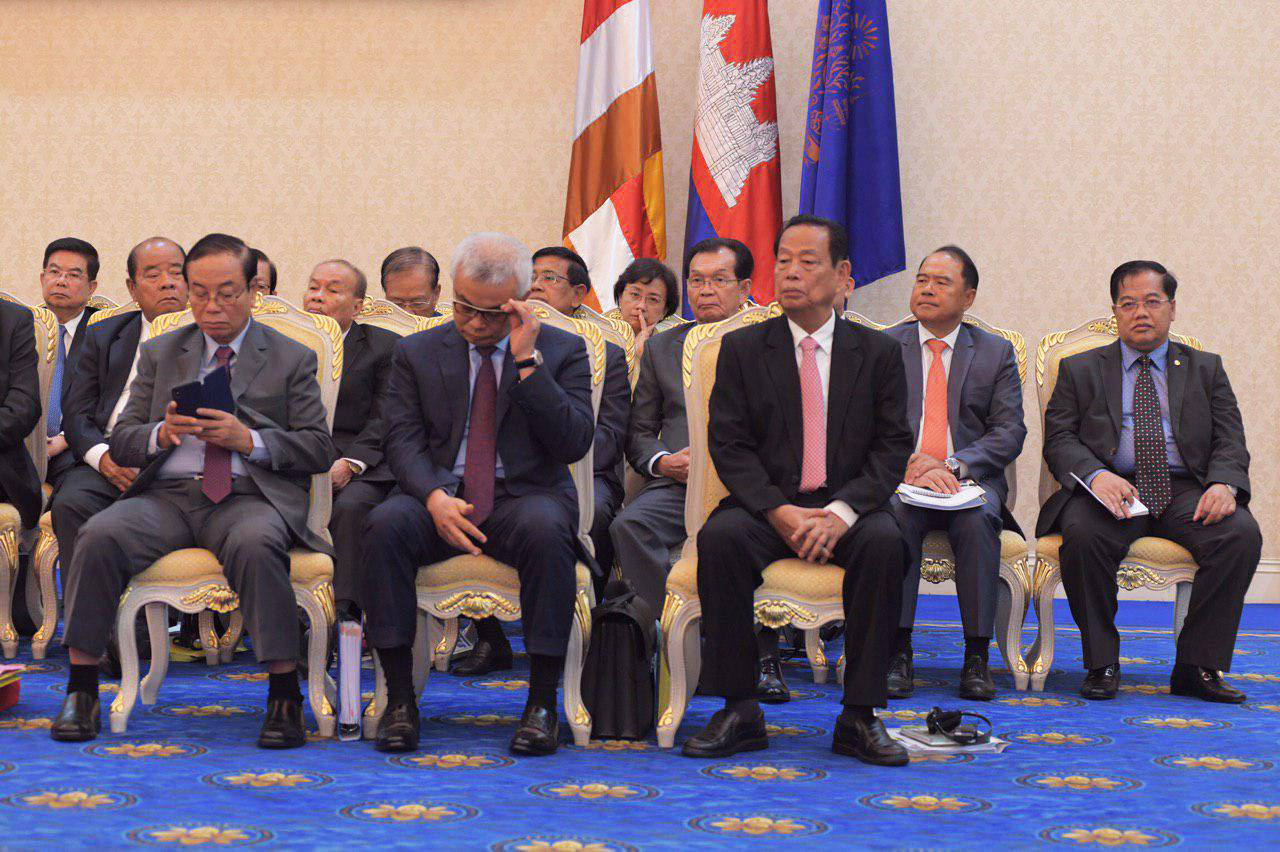
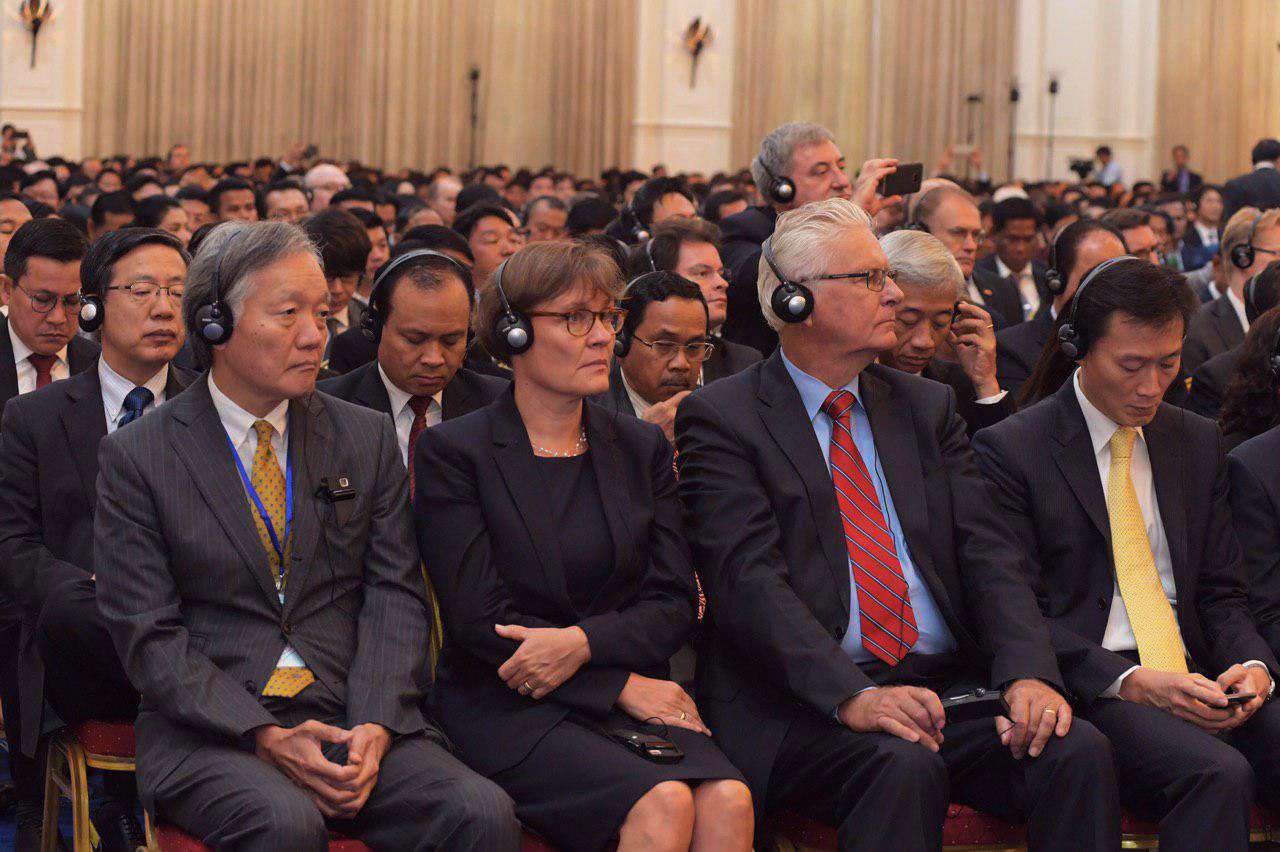

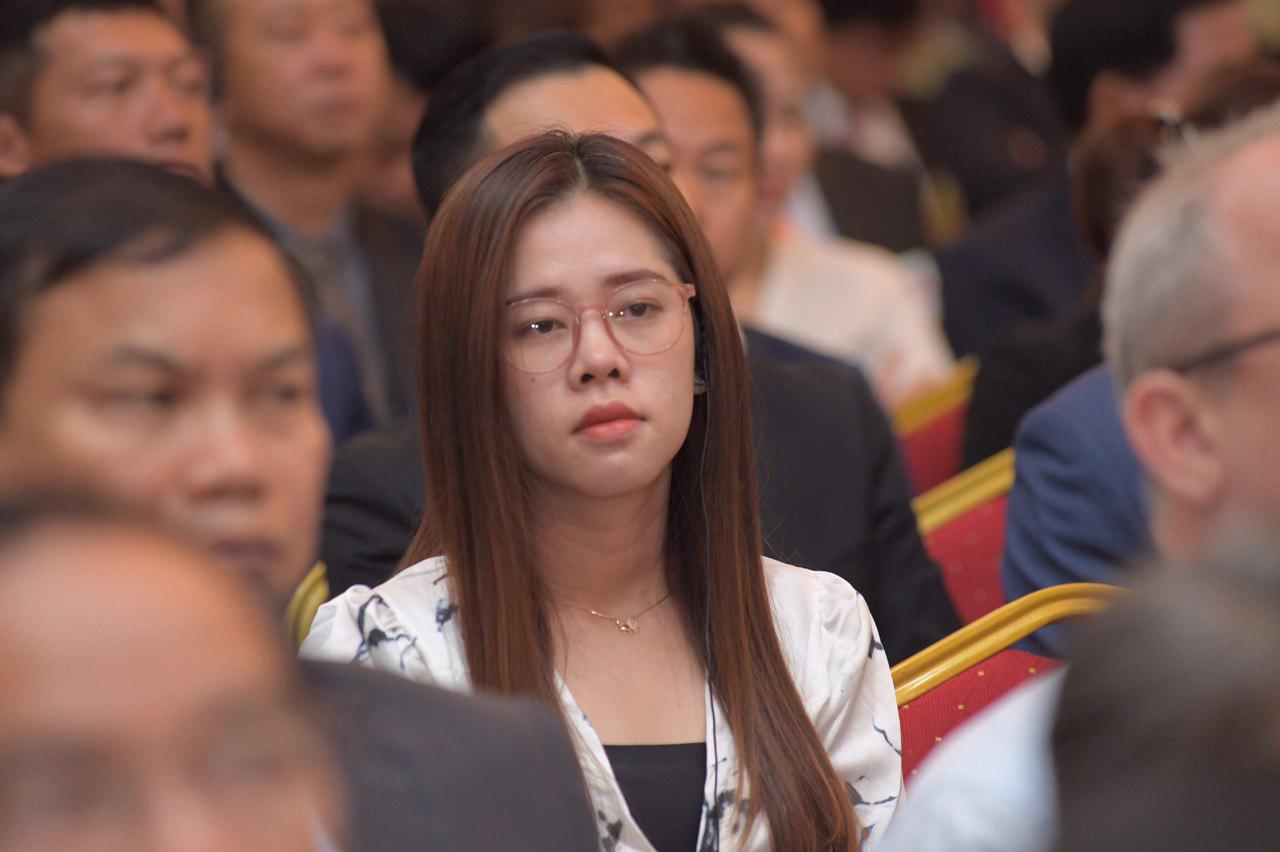
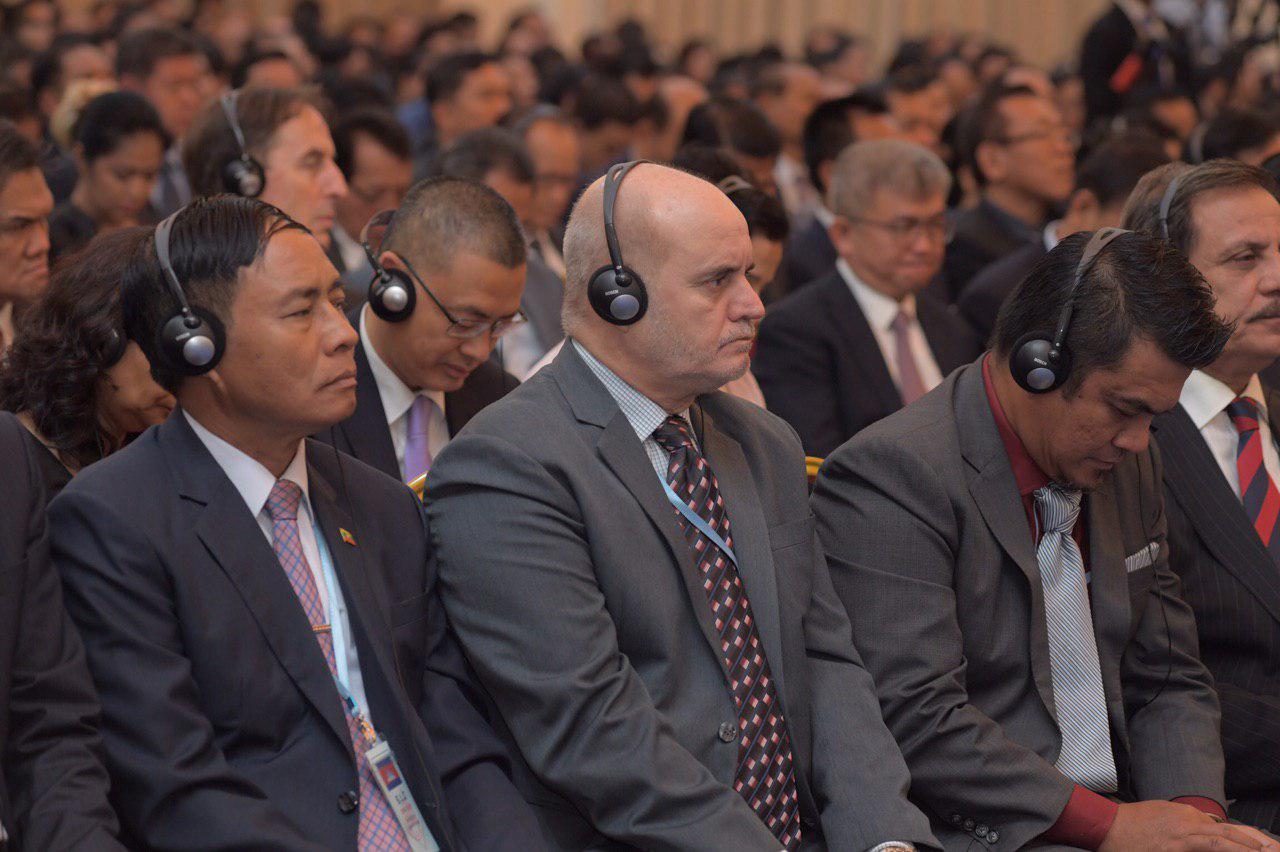
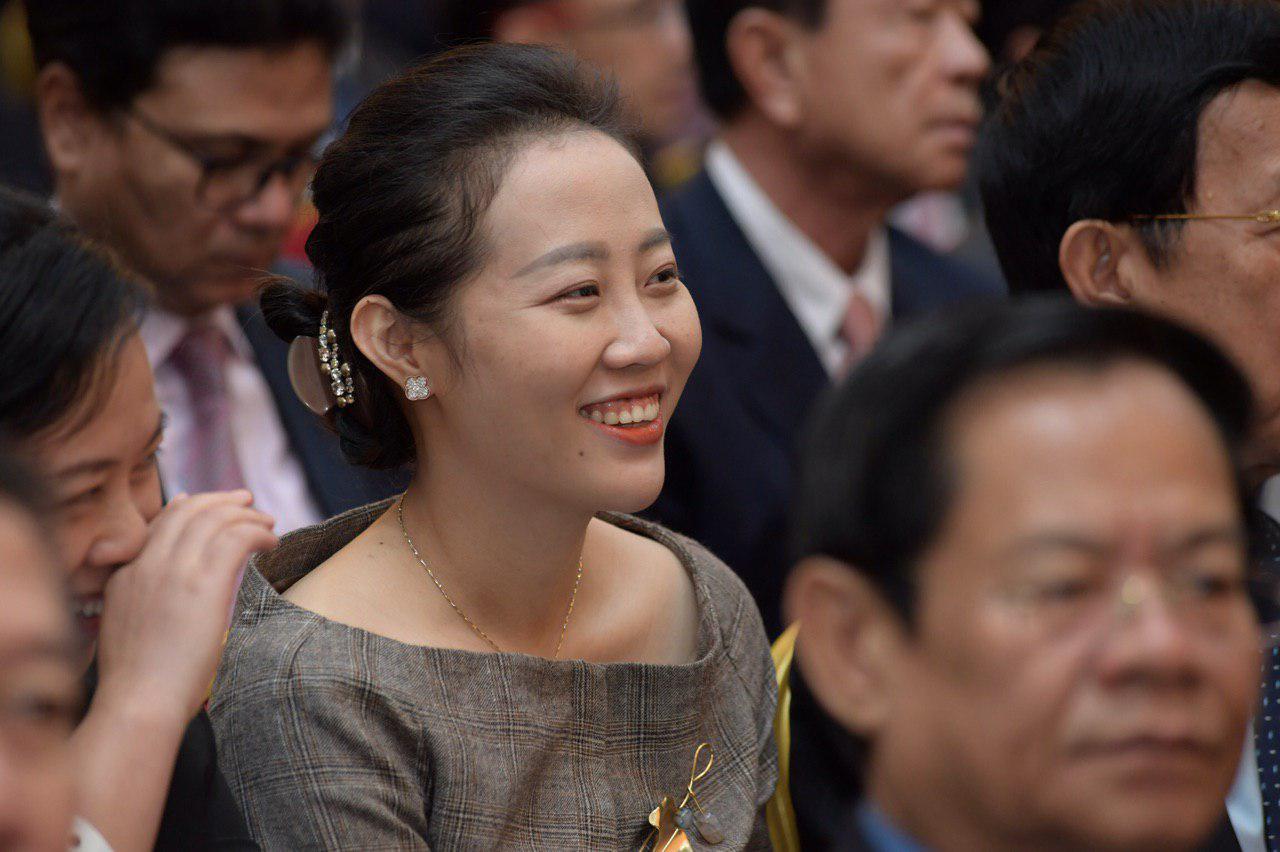



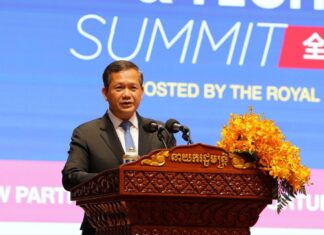


![Special Lecture by Samdech Akka Moha Sena Padei Techo HUN SEN, President of the Senate of the Kingdom of Cambodia, on “Leadership Experiences and Vision for Peace” to the 11th Plenary of the International Parliament for Tolerance and Peace (IPTP) [Unofficial Translations]](https://pressocm.gov.kh/wp-content/uploads/2024/12/468161445_1188047276010391_3141496335218348185_n-100x70.jpg)
